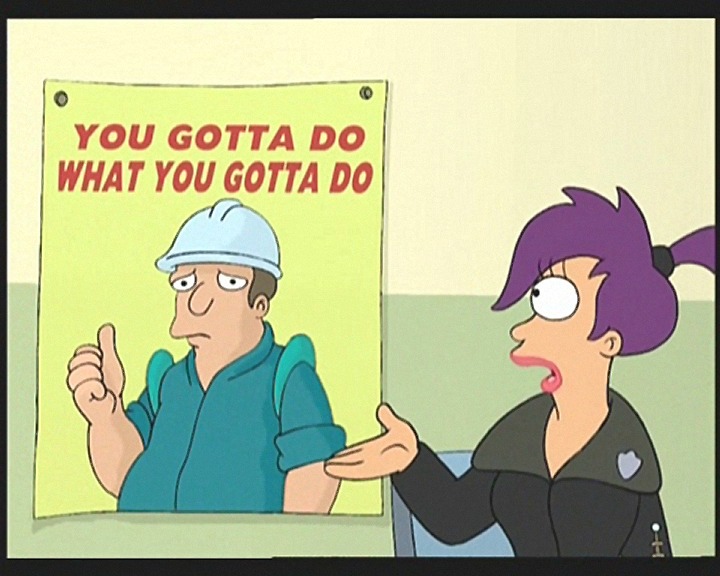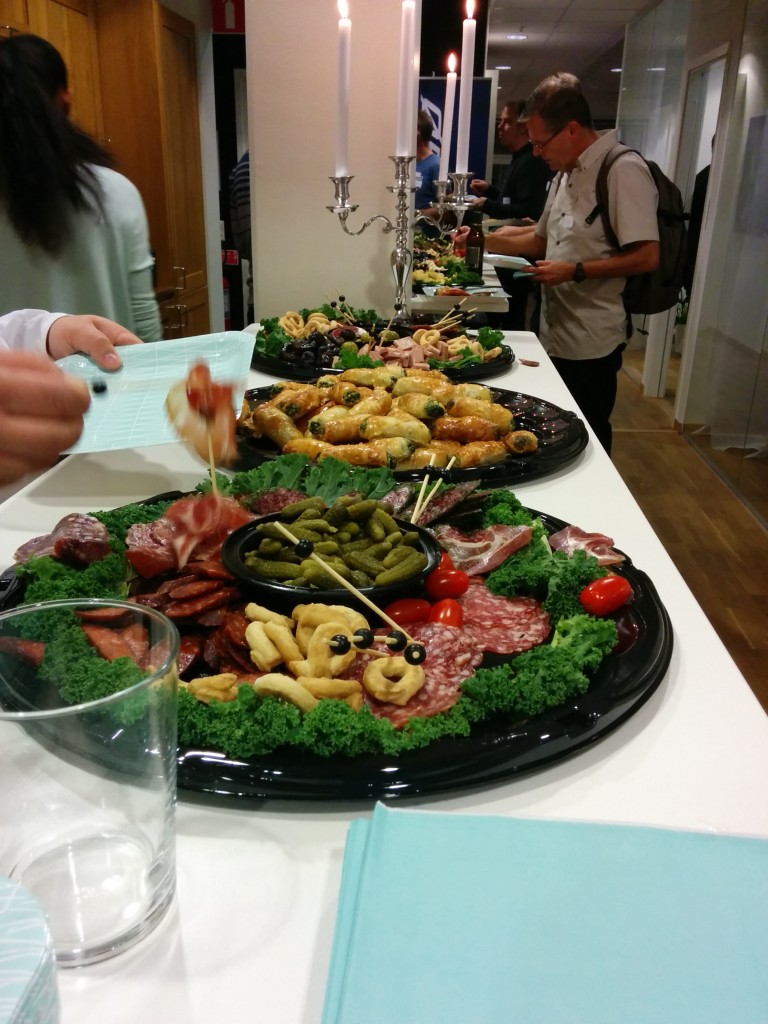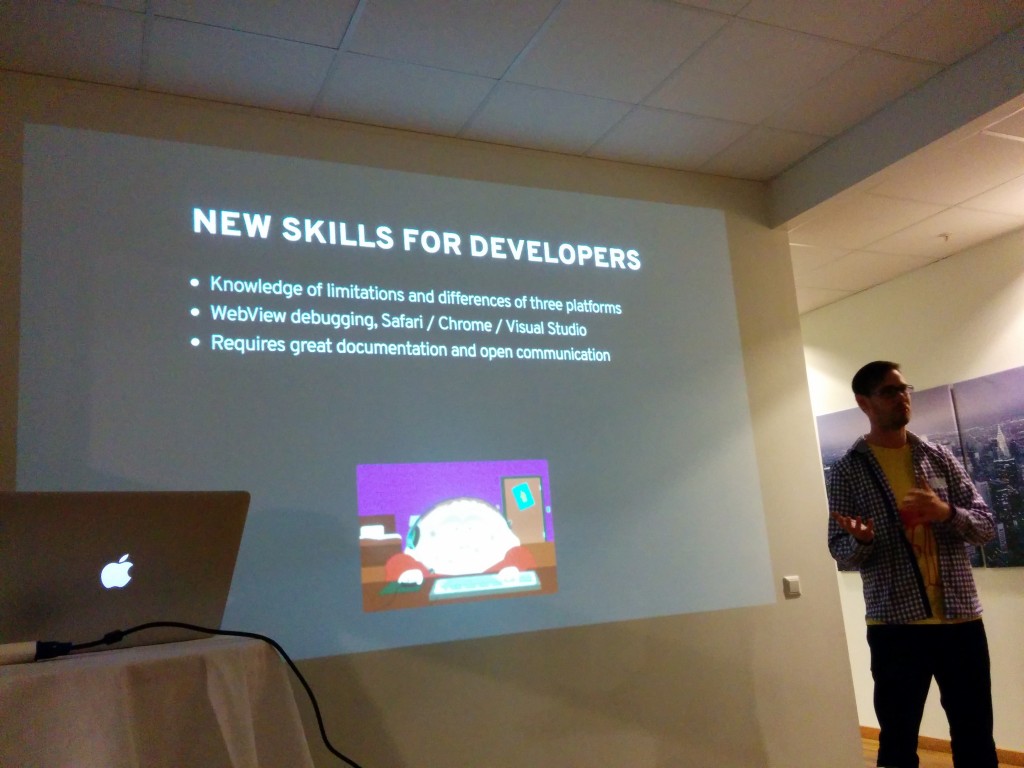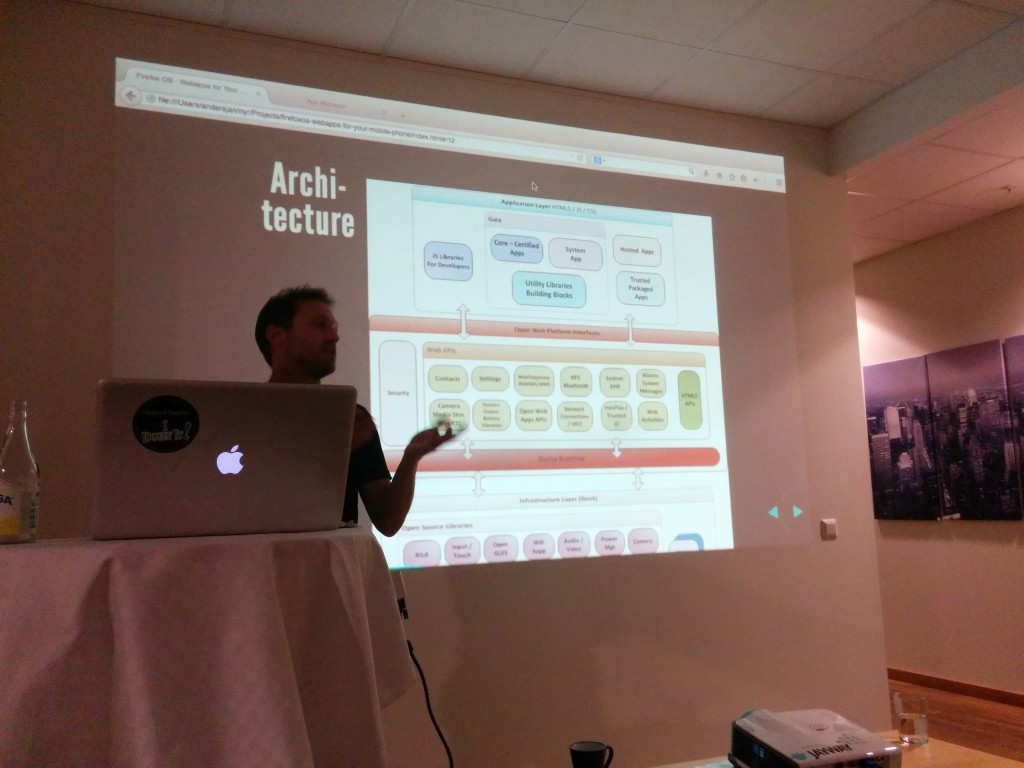We have a massive recruitment problem
Tuesday, November 18th, 2014A few months ago, I flew over to see my parents for their 50th wedding anniversary. As some of you may know, I have a humble background. My dad was a coal miner and then factory worker and my mother has always been a home maker / housewife. I am the only one in my family that went to college and I skipped university as the thing to do was to make money in a job as soon as you are 18.
It was humbling and almost embarassing to have conversations with my family. Half of them are either unemployed or worried about their jobs. The rest are unhappy in their jobs but see no way to change that as they need the security. Finding joy in family life and leisure time is more important than enjoying the work. A job is a job, you got to do what you got to do and all that.

That’s why it feels surreal to come back into “our world” and get offers for jobs I don’t want. A lot of them. Some with ridiculous amounts of money offered and most with perks that would make my family blush and sense a trap.
Why are we not recruiter compatible and vice versa?
We’re lucky to be that sought after and yet it seems there is no happy symbiosis between us and recruiters. On the contrary, as soon as you even mention recruiting most of us techies start ranting.
I feel uneasy doing that. I feel like an arrogant ass and I feel that we should be more grateful about the opportunities we get. The relationship of recruiter and job seeker should be high-fives and unicorns. Instead there is a massive sense of dread: “Oh god, another job offer, how tiring”.
There are reasons for our dismay:
- A lot of headhunters/recruiters work on a commission basis and are measured by how many contacts they had that day. This leads to a scattergun approach and you get offers that are not “you” at all.
- Many recruiters seem to just look for keywords and then send the offer out to you. That’s why you get Java positions when you have a JavaScript background. Just like you would send car mechanic jobs to a carpet expert.
- Others go for company names. A great example was this recruiter trying to hire someone’s dog as a Java/Python developer.
- Many recruiting sites are very pushy to get you into their database to show potential hiring companies just how many job searchers they have. This leads to very old and outdated profiles and you get offers for jobs you’ve done years ago. Basically they don’t want to find you a job, they want you as an ad.
- People write ridiculous job descriptions and send them to us. In the past I wrote what kind of people I try to hire and once it went through HR and recruitment review something completely ridiculous ended up online. You’ve seen those. Asking people for two degrees, but not older than 20. Seven years experience in a half year old technology, and similar confusing points.
- There is probably nothing more intrusive to someone who feels at home online to be called by somebody. Recruiters, however, seem to see the “personal touch” as the most important thing.
On the other side of this issue, we are not innocent either:
- Instead of telling people why we didn’t want their offer, we just ignore them. There is no learning on either side.
- We love our own tools and are not too interested in changing that. Every recruitment department I worked with needed a CV in a document format for filing and keeping. Instead of having one of those at hand we love to create online CVs and portfolios or point people to our GitHub account as “real people who would hire me find all they need there”. This is navel gazing and arrogant. If I want to go on a bus, I need a bus ticket. A macaroni picture with glitter on it saying “most amazing responsive bus ticket” will not get me on there. Have the tool for the task.
- We don’t keep our presence up-to-date. If you’re not seeking, say so on LinkedIn. Have a template to send back to recruiters telling them “thanks, but no.”
- We also shouldn’t create profiles of our dog on LinkedIn. This is a professional tool, if we don’t use these in a professional manner we shouldn’t be surprised that they go to the dogs.
- Keep your skills up-to-date. If you never ever want to work with a certain product any longer, remove it from your online presence. That way keyword searchers don’t find you.
We need to communicate better
I feel there is a massive waste going on and an accumulation of frustration on both sides. We need to get better in helping another to make this the natural partnership it should be. I feel terrible hearing about friends not in our world who send out hundreds of applications and don’t get answers whilst we complain about people trying to offer us jobs. It feels almost unreal.
There are a few good ideas around and there is a start to clean this mess up. Joblint is a tool that comes to mind. It is an analysing tool that takes job descriptions and allows you to
“Test tech job specs for issues with sexism, culture, expectations, and recruiter fails”.
A lot of miscommunication could be avoided simply by using that.
Considering giving a helping hand
Maybe I should do something about this and use my time off to reach out and try to change something. I wonder if a workshop for recruiters about issues to avoid would be of interest? In any case, let’s try to be more understanding. Recruiters do their jobs the same way we do ours. By understanding their drives and goals, we can make both of our lives easier. By being arrogant and come across as divas we shouldn’t be surprised if job descriptions start calling out for rockstars, ninjas, gurus and mavens.
Let’s highlight the great experiences we had, and share what worked. Maybe that could be the lever we need to crack this nut open.



